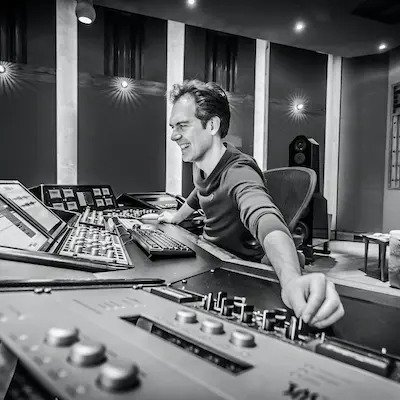Music Studies
One of the most confusing things about studying music is that there is no diploma guaranteeing success as an artist, songwriter, or producer. Next to your music studies, what matters is building a network, a fanbase, and connecting to your peers and the industry as much as possible. Every academic school has a different function in the educational landscape. Universities of musicology focus on the theoretical part of the music. Music analysis. Music history, etc… But beware that you won’t be making any music there.
Conservatories focus more on the practice of instruments, singing, and theory. In academic institutions, you probably won’t work on your artistry or grow your project. Then you have the technical schools, where you learn about engineering or producing on a technical level, but too often lack the time and tools to work on your projects or work in a practical way. In our studios, we receive people that come from those schools, from all over the world. This is why we decided to create the Wisseloord Academy… to fill the gap between theory and practice and help artists, songwriters, and producers build knowledge and connections to the real world outside of the traditional educational landscape.
More than an educational center, the Wisseloord Academy is the only place where talents get the chance to learn and get inspired by being directly in contact with some of the most successful composers, songwriters, producers, A&Rs, managers, etc. of Europe and beyond.
Ready to kickstart your career in the music industry as a Singer, Songwriter, or Producer? Book a private tour and take the first steps!
Join the Academy

Go directly to :
Music Studies : Analogue Recording
How to deal with a music studio?
Music Studies : Be the Artist
How do you market yourself well?
Music Studies : Intervals
How to support the music you make with Interval?
Music Studies : Keys and Chords
How do I find the right chords for my melody?
Music Studies : Labels
But what is and does a label actually do?
Music Studies : Making a Record
How to begin making your first record?
Music Studies : Publishers
What is a publisher and how to work with one?
Music Studies : Rhythm
How to come up with a catchy melody?
Music Studies : The Basis of Music Theory
How to master the basics of music theory?
Music Studies : Your Rights
What rights do you have within the music industry?

Discover Our Articles
Music Studies : The Basics of Analogue Recording
As a future producer or artist, sooner or later you will encounter the moment when you want to do a recording with several musicians, which inevitably means that you’ll need a music studio. This is because the music studio is equipped to provide sound for an audio recording. Compared to a home studio setting, the music studio provides a far better sound of instruments and singers.
Here are some benefits to analogue recording in a music studio:
- A good recording starts at the source – It sounds like an open door, but the saying exists for a reason.
- Acoustics – A quality studio can reduce reflections and get the purest possible sound delivery.
- Microphone Selection and placement – A good studio has a collection of high-end microphones that the home producer or studio will never have.
- Patching and signal flow – Via these panels you can determine where the recorded signal goes.
- Console – The console has its own effects and control section, from preamps, to gates, compressors and EQs.
- And then – It is now up to the producer or mixing engineer to turn it into a track.
Read more about the Music Studies topics that we teach at Wisseloord Academy in the article, Music Studies: The Basics of Analogue Recording.
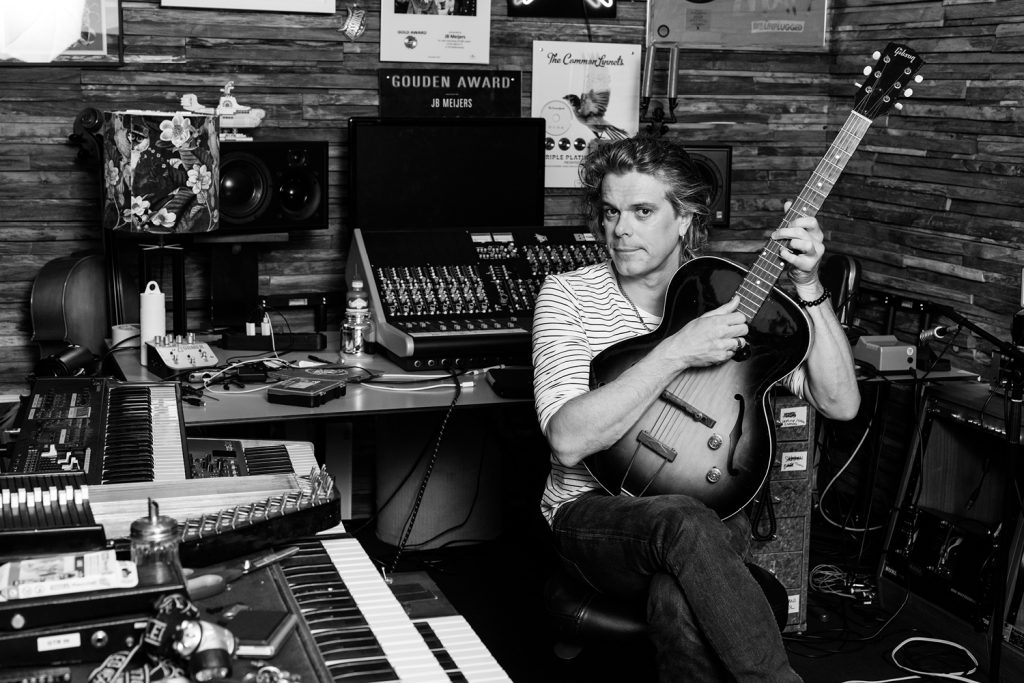
Music Studies : Be the Artist
At the Wisseloord Academy, we pay attention to the artist. How do you market yourself well? How do you want to profile yourself? How do you put on a good live show?
With a live show, there are several aspects that you need to think about:
- Live band or tape act?
- Set list, or another order of the songs?
- What about light? And, for example, pyrotechnics?
- Merchandise?
To learn more about how to properly market yourself as an artist and how to profile yourself while you are performing, visit the article Music Studies: Be the Artist.
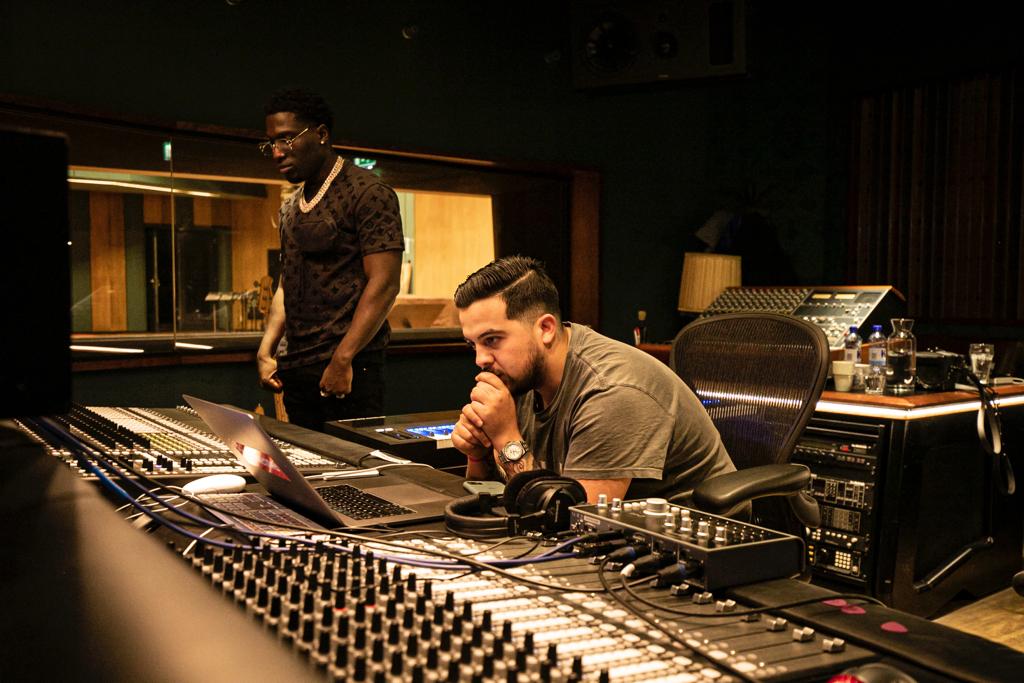
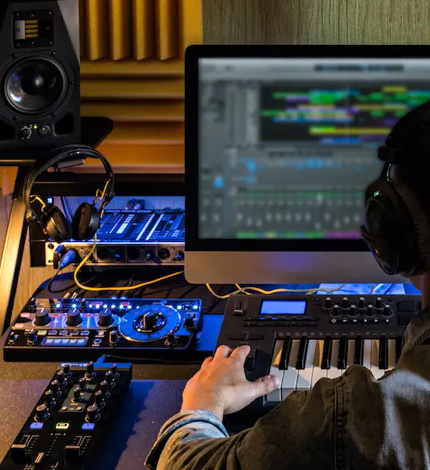
Music Studies : Intervals
Intervals are an essential part of music theory. They are the building blocks of melodies, harmonies, and chord progressions. Each interval tells you how big the distance is between the two notes. The name, or number, comes from how many tonal distances they are apart.
Intervals are so important in music theory that it might be difficult to progress without any knowledge of them. But once you’ve heard all the examples in the article Music Studies Intervals, you’re almost halfway there!
To learn more about how Intervals the building blocks of melodies, harmonies, and chord progressions are, visit the article Music Studies Intervals.
Music Studies : Keys and Chords
Writing a good melody and a good chord progression has to do with tension and release. A track doesn’t only want to linger on the tonic. It wants to go somewhere to create contrast. Good songs vary between the tonic, the dominant and the subdominant, and everything in between.
In addition to the well-known minor and major scales, there are many more types of scales. The most well-known are:
Pentatonic – From the Greek word penta, meaning five
Musical modes – a mode, just like a minor and major scale, has seven tones with five whole and two half notes
Gypsy scale – common in Eastern European music, has a melancholic and pleading character
So, how do you find the right chords for your melody? Every melody is created in a key, but how do you find that key?
To learn more about the right chord for your melody, read the article about Music Studies Keys and Chords.
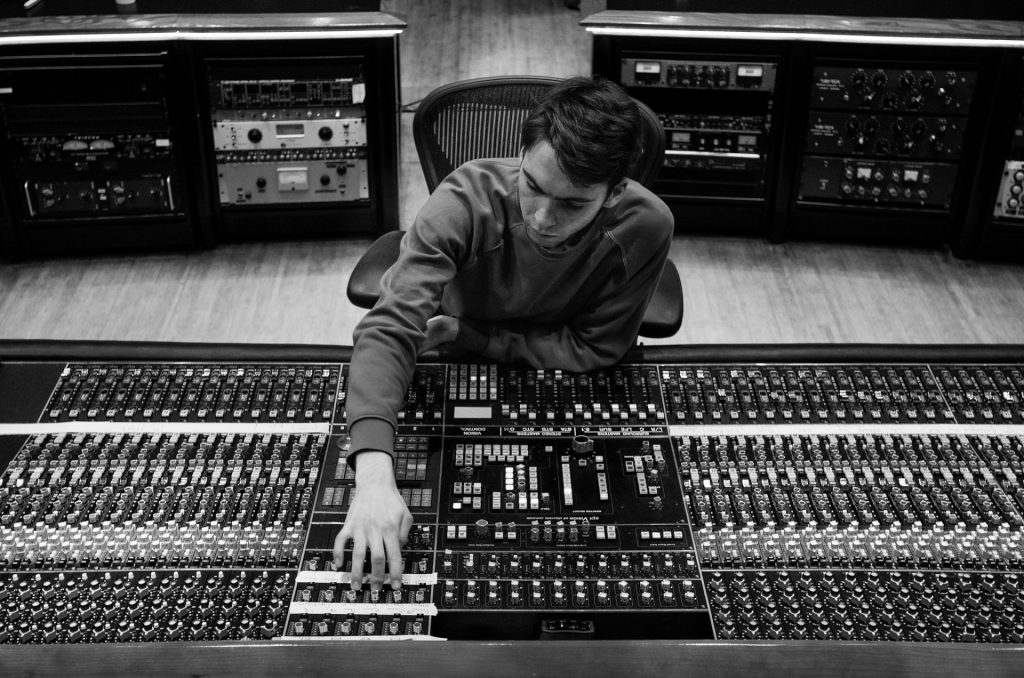
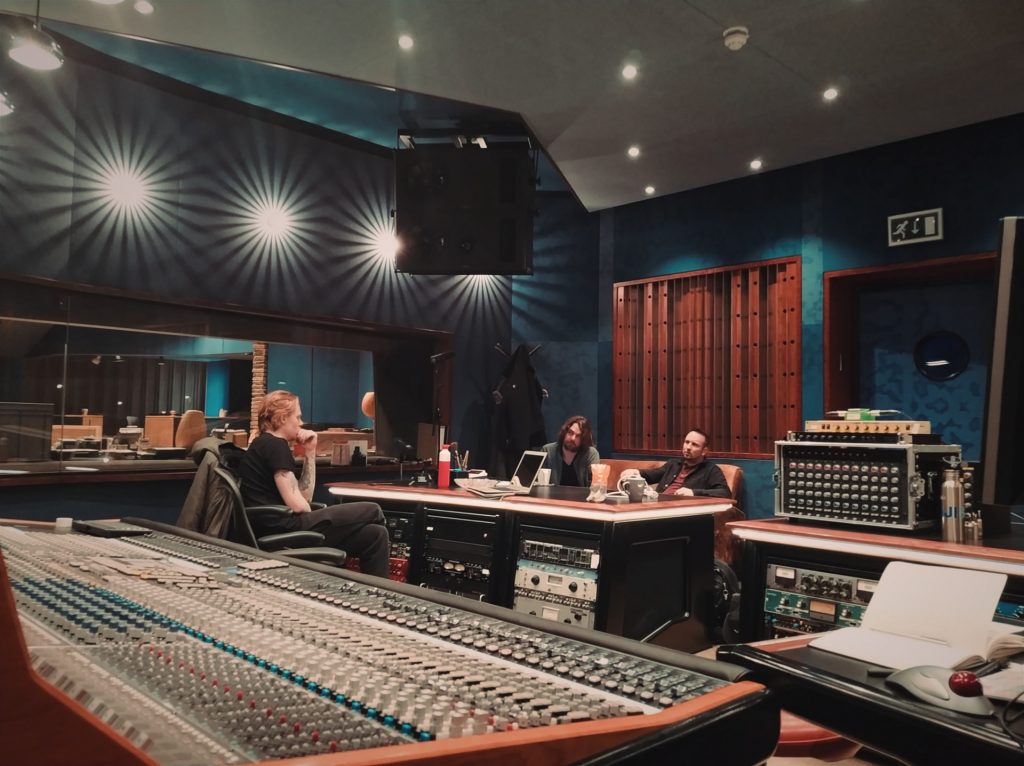
Music Studies : Labels
Labels, also known as record companies si in the heart of the music industry. A record company is always looking for new undiscovered talent with which they hope to storm the charts. They offer these talents record deals and then help them release music.
Labels will also visit the Wisseloord Academy to talk about their work, an ideal opportunity for you as an artist to put yourself in the spotlight. But what is and does a label actually do?
To learn more on how labels and record companies help talents release music, read the article Music Studies: Labels.
Music Studies : Making a Record
It all seems so simple when you turn on the new ‘New Music Friday’ playlist on Spotify. Every week and everyday, there are tens, hundreds, thousands of new songs. Because of this, people tend to think “That must be easy to do then”. In practice, that thought may lead to some disappointment. In actuality, there is still a lot of work to do before a new song can hit the airwaves.
Here’s what’s involved in the record-making process:
- Songwriting
- Production
- Mixing and Mastering
- Promotion
To learn more about inspiration exercises, visit the article Music Studies: Making a Record.

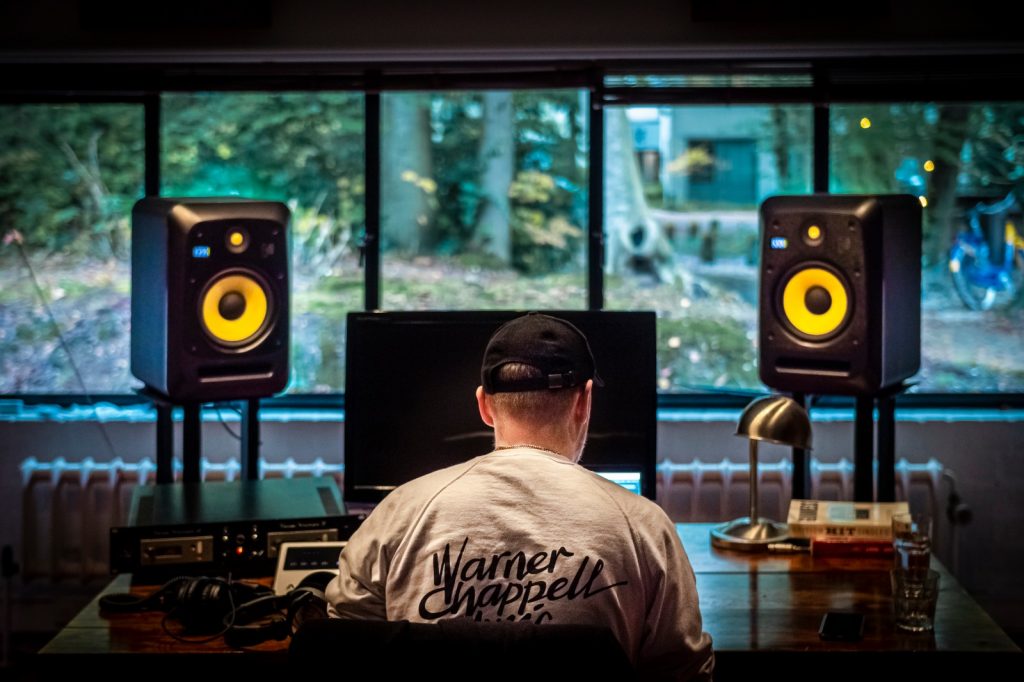
Music Studies : Publishers
If you are looking for a career in music you may eventually end up working for a publisher. At the Wisseloord Academy Business Classes you will meet many publishers; they will tell you who they are, what their work entails and maybe you can show them some of your music. Below you can get a general viewpoint of what publishers do.
What does a publisher do?
A music publisher manages the rights of the signed songwriters and producers. This concerns the copyrights and not the master rights
Why sign with a publisher?
Signing with a publisher has several advantages. Publishers often have important connections and capabilities that you don’t.
When do you send your music to a publisher?
If your goal is to eventually sign a publishing deal, you need to think carefully about a few points. The most important thing is the first impression you make. To learn more about publishers visit our article Music Studies: Publishers.
Music Studies : Rhythm
Understanding how rhythm works will help you write memorable melodies and use them in your track. Still, they can get tricky. However, knowing how to work your way around them will take you a long way.
To learn more about using Rhythm to make your track sound even better, click the following link about Music Studies: Rhythm.

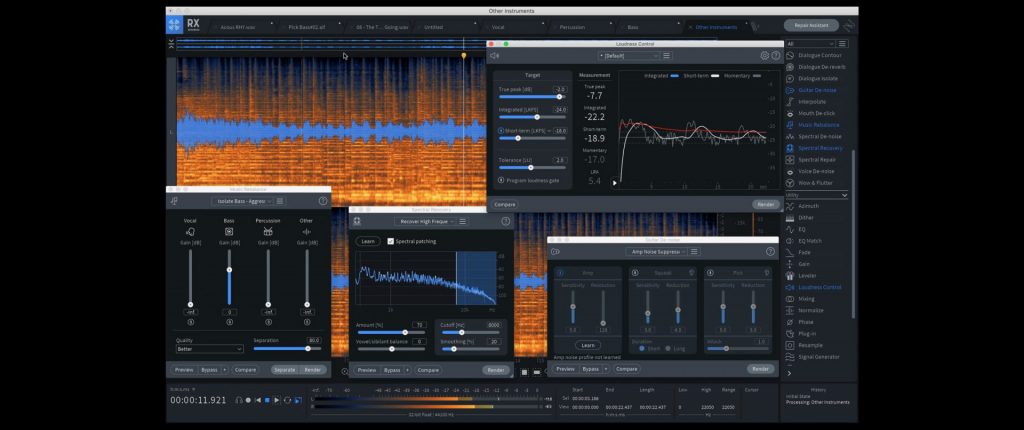
Music Studies : The Basis of Music Theory
The Basis of Music Theory aims to ensure the participants’ ability to excel in today’s professional environment, where artists must possess exceptional training as performers. Specifically, it enhances and develops the students’ personal understanding of music.
Music theory can be roughly divided into three blocks:
- Melody: this can be a vocal, but also a guitar solo, or a synth hook
- Harmony: chords and chord progressions
- Rhythm: that which makes you dance
To learn more about the rhymes within the process of songwriting, read the article about Music Studies: The Basis of Music Theory.
Music Studies : Your Rights
Learners will dive into the complex world of music copyright and publishing. They will have access to expert information within the copyrights branch and other music copyrights backgrounds, such as in publishing and intellectual property rights, which will help to answer their crucial questions within this field.
Simply put, music rights can be divided into two types of rights: Copyright and master rights.
To learn more about the copyright and master rights, visit the article Music Studies Your Rights.
